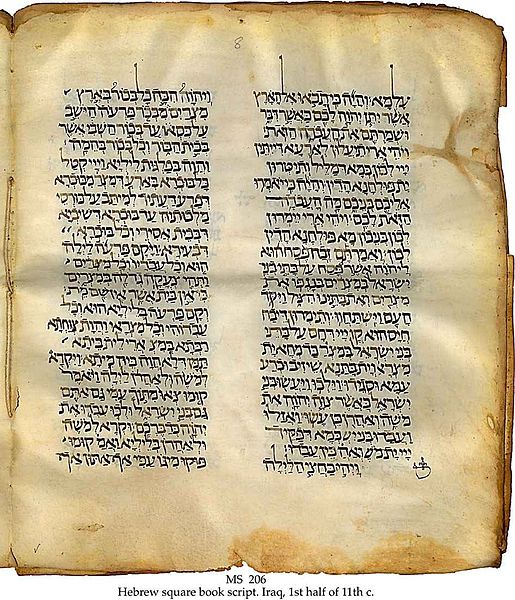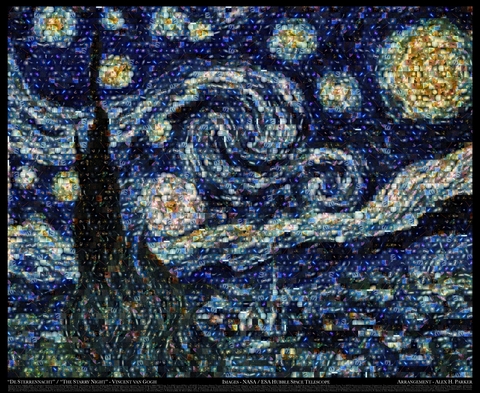There may be no more distinguished lecture series in the arts than Harvard’s Norton lectures, named for celebrated professor, president, and editor of the Harvard Classics, Charles Eliot Norton. Since 1925, the Norton Professorship in Poetry—taken broadly to mean “poetic expression in language, music, or fine arts”—has gone to one respected artist per year, who then delivers a series of six talks during their tenure. We’ve previously featured Norton lectures from 1967–68 by Jorge Luis Borges and 1972–73 by Leonard Bernstein. Today we bring you the first three lectures from this year’s Norton Professor of Poetry, Herbie Hancock. Hancock delivers his fifth lecture today (perhaps even as you read this) and his sixth and final on Monday, March 31. The glories of Youtube mean we don’t have to wait around for transcript publication or DVDs, though perhaps they’re on the way as well.
The choice of Herbie Hancock as this year’s Norton Professor of Poetry seems an overdue affirmation of one of the country’s greatest artistic innovators of its most unique of cultural forms. The first jazz composer and musician—and the first African American—to hold the professorship, Hancock brings an eclectic perspective to the post. His topic: “The Ethics of Jazz.” Given his emergence on the world stage as part of Miles Davis’ 1964–68 Second Great Quartet, his first lecture (top) is aptly titled “The Wisdom of Miles Davis.” Given his swerve into jazz fusion, synth-jazz and electro in the 70s and 80s, following Davis’ Bitches Brew revolution, his second (below) is called “Breaking the Rules.”
Notoriously wordy cultural critic Homi Bhabha, a Norton committee member, introduces Hancock in the first lecture. If you’d rather skip his speech, Hancock begins at 9:10 with his own introduction of himself, as a “musician, spouse, father, teacher, friend, Buddhist, American, World Citizen, Peace Advocate, UNESCO Goodwill Ambassador, Chairman of the Thelonious Monk Institute of Jazz” and, centrally, “a human being.” Hancock’s mention of his global peace advocacy is significant, given the subject of his third talk, “Cultural Diplomacy and the Voice of Freedom” (below). His mention of the role of teacher is timely, since he joined UCLA’s music department as a professor in jazz last year (along with fellow Davis Quintet alumnus Wayne Shorter). Always an early adopter, pushing music in new directions, Hancock calls his fourth talk “Innovation and New Technologies” (who can forget his embrace of the keytar?). His identity as a Buddhist is central to his talk today, “Buddhism and Creativity,” and his final talk is enigmatically titled “Once Upon a Time….” Find all of the lectures on this page.
Hancock’s last identification in his intro—“human being”—“may seem obvious,” he says, but it’s “all-encompassing.” He invokes his own multiple identities to begin a discussion on the “one-dimensional” self-presentations we’re each encouraged to adopt—defining ourselves in one or two restrictive ways and not “being open to the myriad opportunities that are available on the other side of the fortress.” Hancock, a warm, friendly communicator and a proponent of “multidimensional thinking,” frames his “ethics of jazz” as spilling over the fortress walls of his identity as a musician and becoming part of his broadly humanist views on universal problems of violence, apathy, cruelty, and environmental degradation. He calls each of his lectures a “set,” and his first two are carefully prepared talks in which his life in jazz provides a backdrop for his wide-ranging philosophy. So far, there’s nary a keytar in sight.
Related Content:
Herbie Hancock: All That’s Jazz!
Miles Davis and His ‘Second Great Quintet,’ Filmed Live in Europe, 1967
Jorge Luis Borges’ 1967–8 Norton Lectures On Poetry (And Everything Else Literary)
Leonard Bernstein’s Masterful Lectures on Music (11+ Hours of Video Recorded in 1973)
Josh Jones is a writer and musician based in Durham, NC. Follow him at @jdmagness




